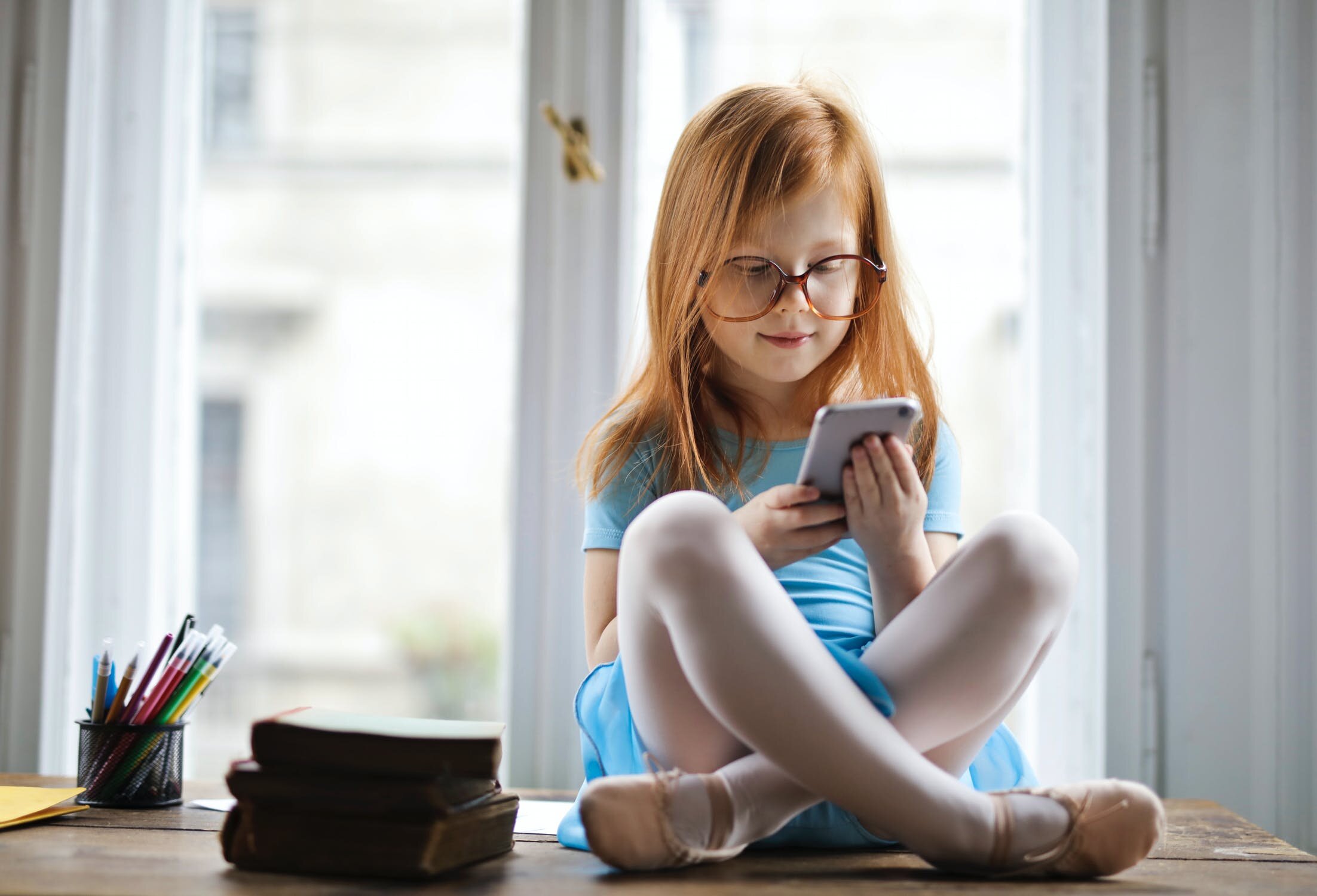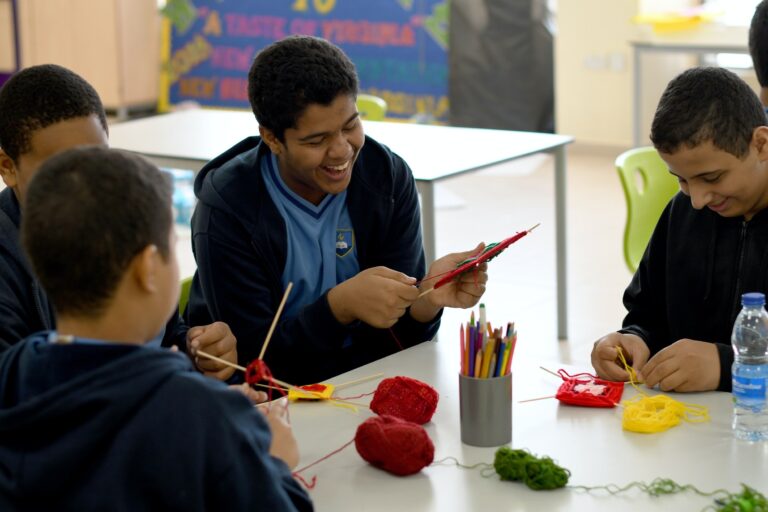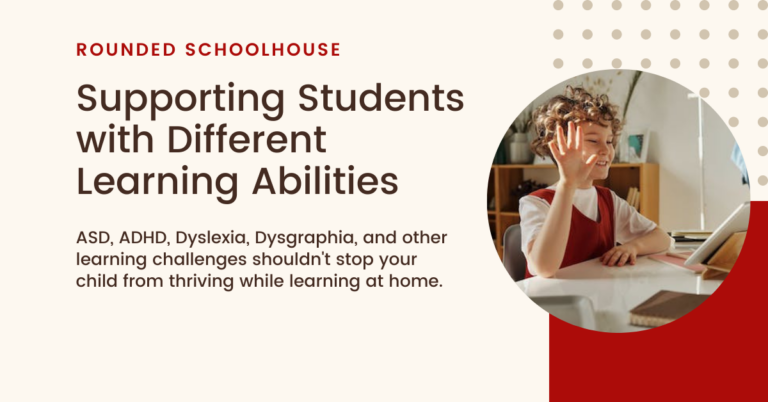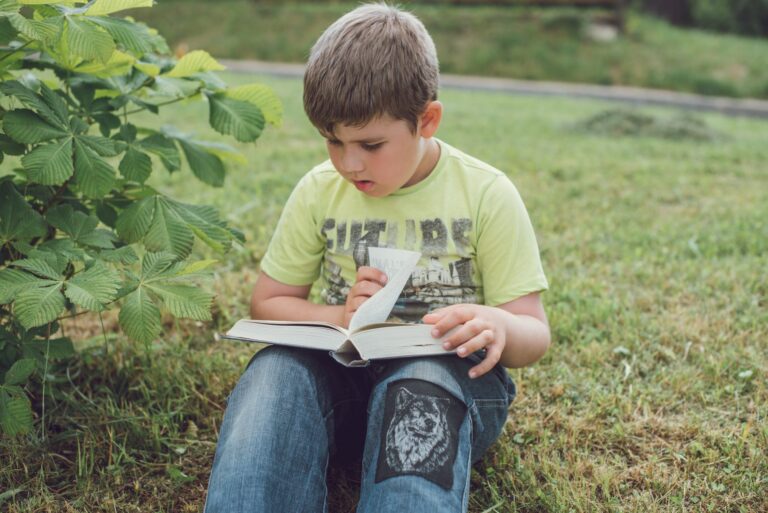Social and Emotional Growth at Home
How do you help your child grow socially and emotionally in a homeschool setting?
The fear of every homeschool parent is that their child would grow up without the “necessary” exposure to social environments that would help them grow into a healthy adult, socially and emotionally.
That fear is reasonable. We’re told that school is how children learn to interact with one another. To most of the world, they believe that formal in-person school is how kids learn to play, make friends, and socialize.
New homeschool parents are quizzed by well-meaning friends and family.
“How are you going to make sure Junior gets socialized?”
“What are you going to do so that Suzy learns to be confident in social situations?”
“How will your kids make friends if they’re not in school?”
“Homeschool kids are kinda weird. Is that what little Billy is going to be like”?”
The Myth of the Anti-social Homeschooler
It’s easy to believe those stories about weird homeschool kids or homeschool kids who don’t have normal friends. We’ve all met a weird homeschool kid who looks you in the eye the whole time you’re talking with them or loves book more than parties or prefers music to sports.
But let’s be real…
1. Weird isn’t bad.
Let’s dispel this myth that being a weird kid will have any negative impact on the meaningful aspects of life as an adult.
I was a weird kid and I went to traditional school my whole life! I had one friend. His name was Peter. He said I was weird and he was right. Traditional school can produce weird kids, too.
But what’s wrong with weird? Who wants their kid to be like every other kid? Who wants their kid to strive to fit in with the crowd? Who wants their kid to be “normal”…have you seen “normal” kids on TikTok or Instagram?
No thanks. My kids can be weird.
2. Homeschool kids have many options for socialization.
There’s a common misconception that school is the ONLY place a child can get social experience. But the reality is that traditional school is a poor place to get social experience.
In traditional schools, students are in classrooms most of the time. They aren’t talking or working together or playing together. They have strict schedules to keep, clear boundaries, and rules to follow. That’s not an environment designed for authentic socialization.
Most kids in school are primarily socialized in non-school settings. They learn to interact, compromise, make friends, and be a friend outside school. The same is true for homeschool children.
Kids make friends in their neighborhood, at sports activities, in community clubs, at church, on the playground, and online. That’s true of kids in traditional school and homeschool, alike.
3. Homeschool kids are often better at social and emotional development.
Yes, that’s a bold statement, but I’ll explain why.
Homeschool kids spend a lot of their time interacting with mature adults that love them and are investing in their growth and success. The majority of their time is in 1-on-1 interactions with adults at home.
When you spend time around people that are more mature, better at managing their emotions, and capable of holding longer and deeper conversations, you’re going to pick up those skills, too.
That’s one reason why homeschooled kids can sometimes seem odd. In many ways, they have developed socially beyond their peers in traditional schools. That can be odd when comparing a homeschooler to kids from traditional schools.
They are capable of holding a conversation with adults. They look you in the eye when they talk. They can make an argument for a position they believe in. They’re usually great listeners, too.
A Learning Program for Social and Emotional Development
There’s one more way that students can gain social skills, no matter how much time they spend around kids or friends.
It’s called Social Emotional Learning and it’s a new type of program that helps kids learn specific skills they will need for life.
We used to call these types of skills “soft skills,” but the truth is that these skills are both necessary and difficult to develop…especially in today’s disconnected society.
Social Emotional Learning covers invaluable skills for life. In an SEL course, your child will learn:
-
How to identify and manage their emotions
-
How to identify and trust their personal strengths
-
How to set and reach goals
-
How to have empathy for others
-
How to recognize and appreciate differences between people
-
How to communicate clearly and with confidence
-
How to resolve conflict in a mature way
-
How to consider all factors before making a decision
-
How to contribute to the community







